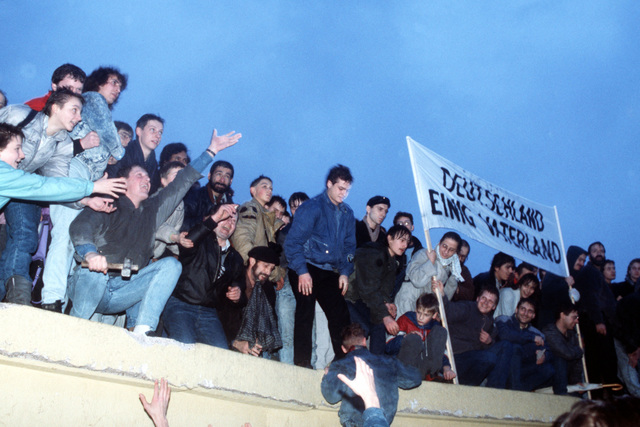
DOACSA
“OPINION DYNAMICS, COLLECTIVE ACTION AND ABRUPT SOCIAL CHANGES:
THE ROLE OF PREFERENCE FALSIFICATION AND SOCIAL NETWORKS” (DOACSA)
KEYWORDS: Public opinion, Opinion dynamics, Social simulation models, Media and opinion leaders influence, Peer social contagion, social experiments.
Founded Research project — 2020-2025 — Ministerio de Ciencia, Innovación y Universidades, R&D&I National Program, Ref.: PID2019-107589GB-I00.
Principal Investigators (IP): Francisco Linares and Francisco J. Miguel
Research Team: Francisco J. León and Ana León
Work Team: Alex Giménez; Tania Hahn; Adrián Martín-Bethencourt; Fernando San Antonio and Eduardo Tapia

Public opinion and the dynamics that shape it are highly relevant topics for the social sciences due to both their strictly scholarly interest within academia and their social and political transcendence, which has been particularly exacerbated by the global impact of intelligent information technologies and digital social networks. In this sense, the study of opinion dynamics is one of the main fields for the extension of formal models in the social sciences outside economics and, more specifically, of social simulation models.
The starting point of the modern academic discussion on processes that shape public opinion can be traced back to Laswell’s hypodermic needle theory (1927), which posits that public opinion is formed through the influence exerted by the media and opinion leaders on citizens.
Subsequent research, however, has pointed to two further aspects in this process. On the one hand, the agential capacity of individuals and their resistance to the greater or lesser mechanical influence exerted by the media and, more importantly, that public opinion is the emergent outcome of a dynamic process of social influence and contagion in local interactions, in which media exposure is mediated by peer opinions. In recent years, the use of computational simulation models has become increasingly popular, with the study of public opinion dynamics being one of the most fruitful fields in this regard. Simulation models, and in particular agent-based models (ABM), are a flexible tool that is ideal for studying emergent phenomena such as public opinion formation.
The overall objective of this project is to develop a theoretical model grounded in the methodology of ABM, which, unlike other models, is empirically anchored in real data mainly from surveys and experimental sessions and can contribute to a deeper understanding of the mechanisms of public opinion formation. More specifically, the project aims to explore the role that preference falsification, rationality, social contagion, social norms, and emotions may play in these dynamics and how they can lead to abrupt and unexpected social changes.
The first objective is to program a computational model capable of incorporating real data. These data are of two types: firstly, data relating to the agents in the model and, secondly, data relating to the topology of the relationships (i.e., the type of social network) by linking certain individuals to others.
The second objective of the project concerns the systematic exploration of and identification through multivariate statistical techniques of the various types of outcomes, namely the unanimity of true opinions, the unanimity of false opinions, polarization, or cycles of preference revelation, thus delimiting the spectrum of empirically possible results. A fundamental element in this analysis is to study the stability or resilience of these states to exogenous shocks. Finally, the third objective is to apply the model outcomes to the analysis of real processes. Kuran’s classical models also taught us that when opinion formation processes are affected by preference falsification dynamics, this can eventually lead to situations of plural ignorance with the potential to trigger abrupt social changes such as the Arab Spring, the fall of the Berlin Wall, or the Russian and French revolutions.